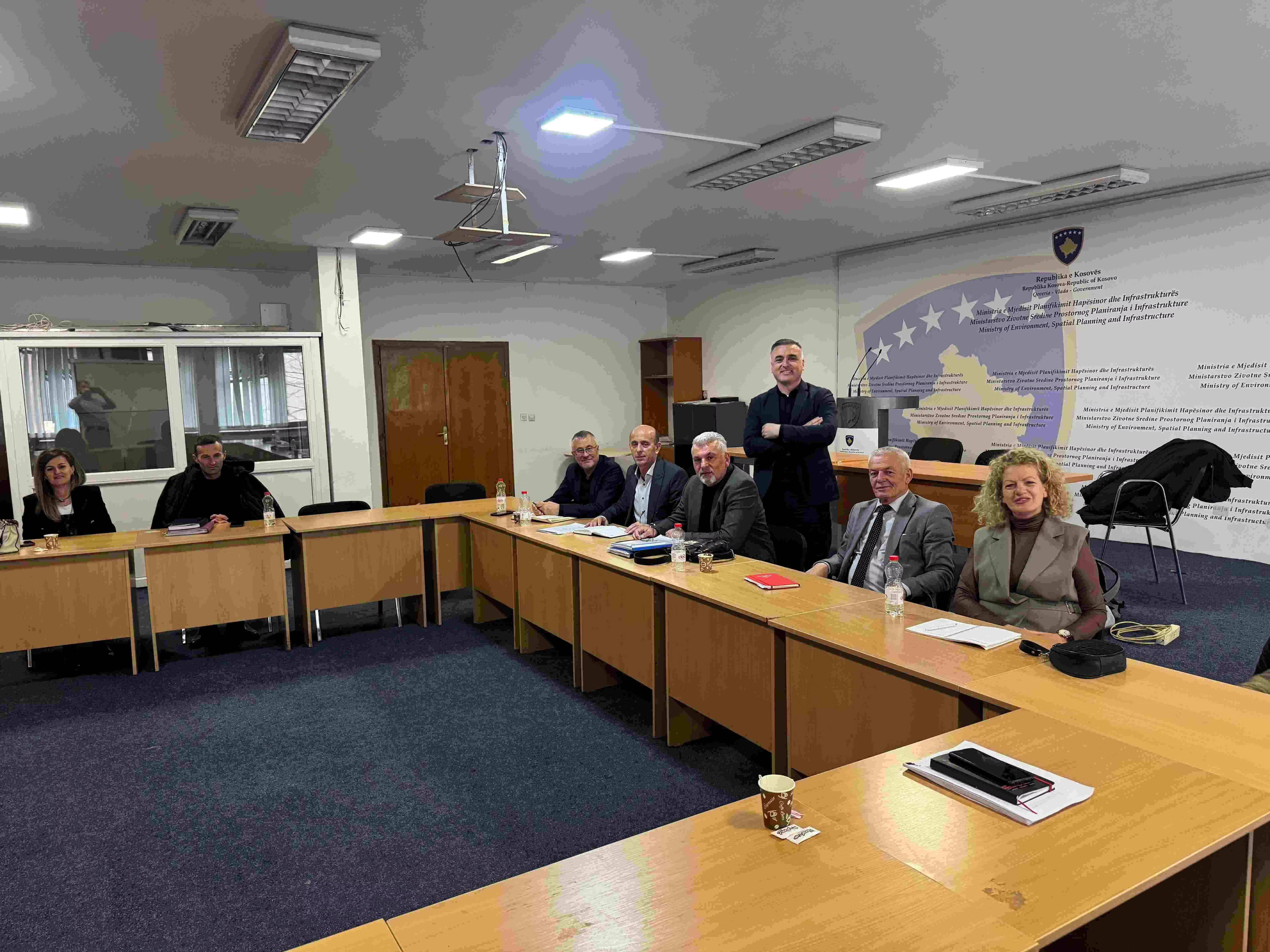
Kosovo has taken a major step forward in modernizing its railway sector through the support of the K4R programme in strengthening institutional coordination and aligning national legislation with EU law. Key stakeholders — including the Ministry of Infrastructure, the Railway Regulation Authority (RRA), InfraKos, TrainKos, and the Rail Incident Investigation Unit — worked collaboratively to enhance policy dialogue and draft the Law on Railway Safety and Interoperability. This marked a critical phase in improving the legal foundation for safer and more efficient rail transport in Kosovo.
The technical support assignment focused on providing expert advice to align Kosovo’s railway framework with EU directives through a comparative legal analysis of the EU legal framework against the existing legislation and an updated draft version of the law. Legal review focused on Kosovo’s Law on Railways No. 04/L-063 and key regulations, benchmarked against the EU legal framework and specific Directives, such as 2016/797, 2016/798, and 2016/2370. This meticulous process identified legal and institutional gaps and led to the first draft of a new law on railway safety and interoperability.
This draft incorporated feedback from technical and legal stakeholders and served as the basis for a formal working group discussion. The draft law was developed with a view to comply with the EU acquis and the process reflected a common understanding among Kosovo’s railway institutions. The result was a stronger and more coherent legal instrument, with clarified roles, improved terminology, and mechanisms for enhanced safety oversight.
This assignment played a critical role in supporting Kosovo’s broader reform efforts under the EU integration framework, particularly within Chapter 14 (Transport Policy). By aligning with EU requirements for safety, market access, and infrastructure governance, the draft law supports the long-term goals of interoperability, sustainability, and competitiveness in the transport sector. Moreover, it directly contributes to regional connectivity and alignment with the EU’s single European railway area.
Ultimately, the assignment has laid the groundwork for a more accountable, modern, and environmentally responsible railway system in Kosovo. Through collaborative engagement and detailed legal work, the support provided by UNOPS contributed to the delivery of a law that not only meets EU standards, but also positions Kosovo among the crucial actors in the regional transport network. This progress reflects a shared national commitment to reform and to building a transport system that supports economic growth, environmental sustainability, and public safety.
- Summary